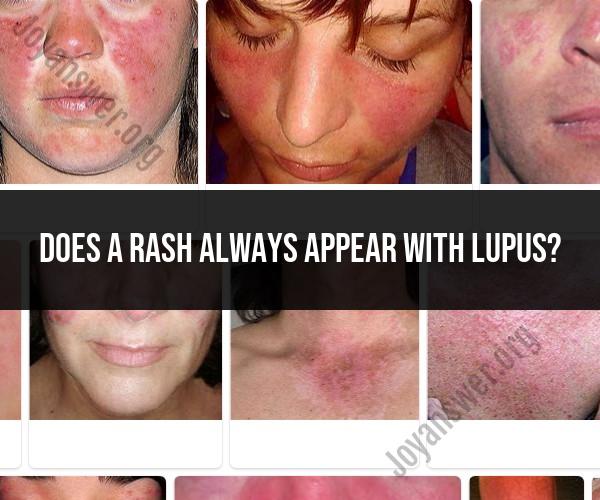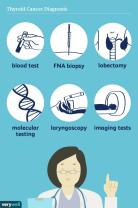Does a rash always appear with lupus?
Lupus is a complex autoimmune disease that can cause a variety of symptoms, including skin rashes. This comprehensive guide delves into the connection between lupus and rashes, exploring their characteristics, triggers, and management.
Introduction to Lupus and Rash
Lupus is an autoimmune condition where the immune system attacks healthy tissues, leading to inflammation. Skin rashes are a common manifestation of lupus, often revealing underlying immune system dysfunction.
Types of Lupus Rashes
Lupus rashes can take different forms:
- Butterfly Rash (Malar Rash): A distinctive rash resembling a butterfly's shape, usually occurring across the cheeks and nose.
- Discoid Lupus Rash: Coin-shaped lesions that may lead to scarring and skin color changes.
- Subacute Cutaneous Lupus Rash: Red and scaly lesions, often worsened by sun exposure.
Potential Triggers
Lupus rashes may be triggered by:
- Sunlight Exposure: Ultraviolet (UV) light can exacerbate rash symptoms.
- Medications: Certain drugs may trigger or worsen lupus rashes.
- Stress: Emotional and physical stress can impact lupus symptoms, including rashes.
- Infections: Infections can lead to lupus flares and rashes.
Management and Treatment
Managing lupus rashes involves:
- Sun Protection: Minimizing sun exposure and using sunblock with high SPF.
- Medication Adjustment: Working with a healthcare provider to manage medications.
- Corticosteroid Creams: Topical creams to alleviate inflammation and itching.
Consulting a Healthcare Provider
If you suspect a lupus rash or experience related symptoms:
- Seek Professional Evaluation: Consult a doctor or dermatologist for accurate diagnosis and appropriate treatment.
- Medical Monitoring: Regular check-ups to monitor symptoms and adjust treatment if needed.
Conclusion
Understanding the connection between lupus and rashes is crucial for timely recognition and management. By identifying potential triggers, adopting preventive measures, and seeking medical guidance, individuals with lupus can better manage their condition and improve their quality of life.













